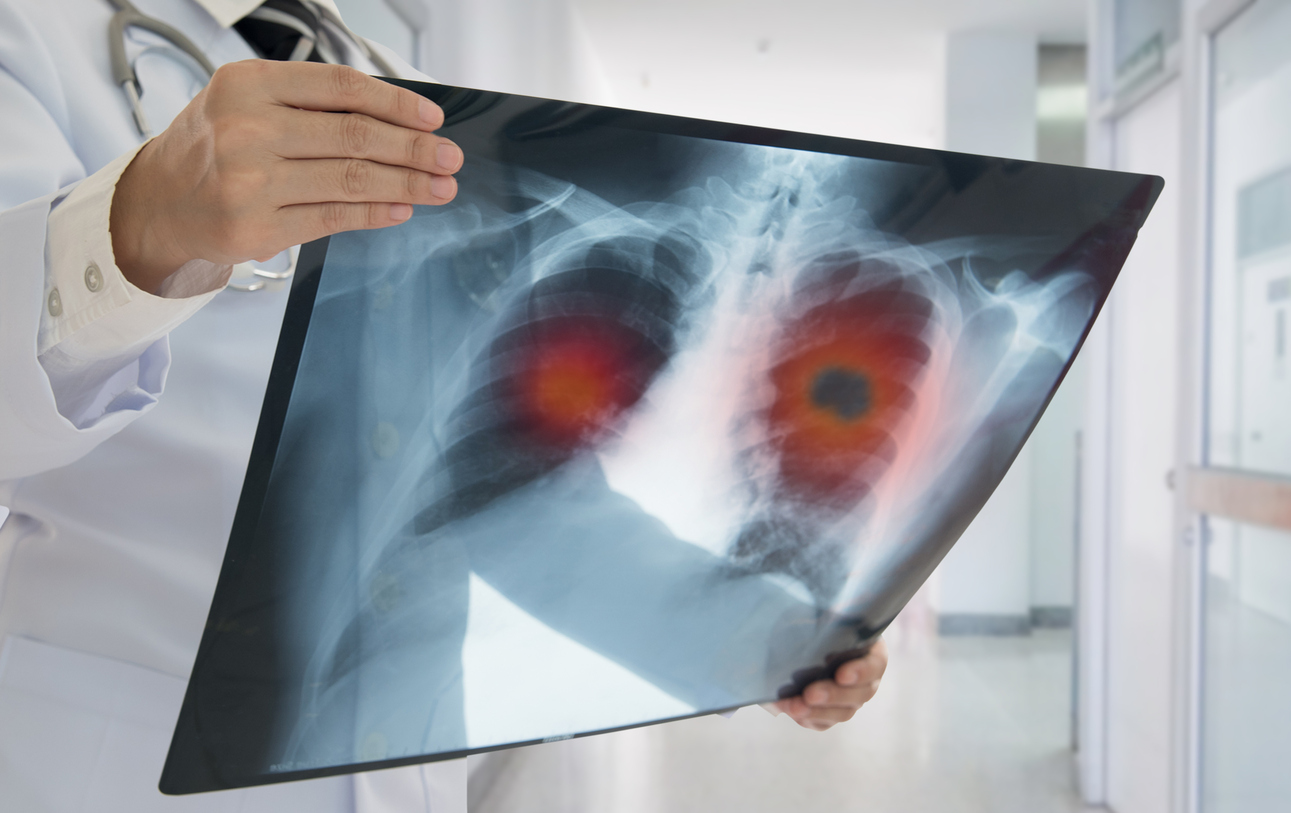New diagnostic finds hidden lung damage in long COVID

People with long-lasting symptoms of breathlessness after COVID-19 infection may have damage to their lungs that does not show up using routine diagnostic scans, according to a small UK study.
The researchers from Oxford, Sheffield, Cardiff and Manchester universities used a new form of diagnostic that involves patients breathing in the inert gas xenon whilst undergoing an MRI scan, which allows them to gauge how well gases like oxygen are being transferred from the lungs to blood vessels.
Out of 11 patients who had reported symptoms of long COVID for at least six months from their initial infection, the technique identified seven who showed significant reductions in gas transfer compared to uninfected control subjects.
The group included non-hospitalised people with breathlessness but no evidence of lung damage seen by chest X-ray or CT imaging.
The authors of the study suggest that the finding may point to microstructural abnormalities in long COVID patients that would not show up using standard tests, such as micro-clots or thickening of the membranes of cells lining the airways, although they stress this is entirely hypothetical at the moment.
Another group of 12 post-hospitalised patients who did not have long COVID was also enrolled into the study, and testing revealed they also had lower gas transfer but were not as severely affected as the long COVID group, despite having had pneumonia.
The findings are in a preprint paper and haven't been peer-reviewed, but nevertheless could provide important new insights into long COVID, which according to the ongoing Office of National Statistics (ONS) survey study is self-reported by around 1.3 million people in the UK.
The figures suggest that around a third of people reporting long COVID symptoms have breathlessness, with around half saying they had fatigue and 28% reporting a difficulty in concentrating known as 'brain fog'.
"This current research highlights what many patients have experienced, that conventional diagnostic assays…do not identify damage in most long COVID patients," commented Dr Jeremy Rossman, a virologist at the University of Kent.
"This can result in incorrectly framing long Covid as a psychological disease, with patients then struggling to obtain the care they need," he added.
The investigators are now planning to expand their study to enrol a larger cohort of long COVID patients, including those without breathlessness. They will also follow-up patients for up to 12 months to see if the gas transfer abnormalities resolve over time.












